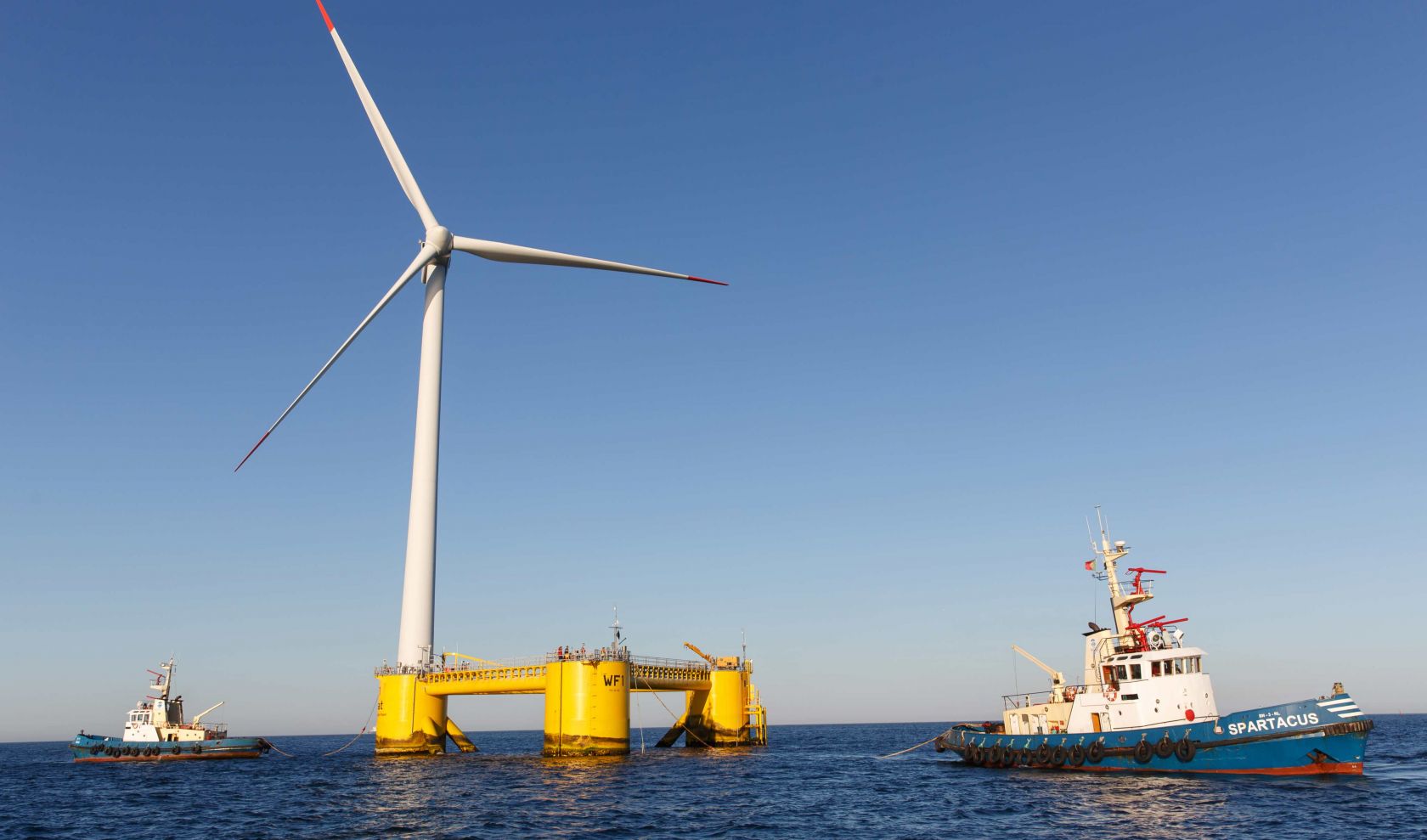Offshore wind farm plan “ensures harmony”
Portugal's Offshore Wind Energy Plan Approved

Portugal has taken a significant step towards renewable energy with the approval of its Offshore Wind Energy Plan (PAER). This plan outlines designated areas for the commercial exploration of offshore wind energy, aiming to balance environmental protection with economic growth. The Council of Ministers approved the PAER on January 9th, and it was published in the Official Gazette on February 7th. The initiative is expected to create a value chain that benefits various sectors while addressing concerns from local fishing communities.
Balancing Energy Needs and Environmental Concerns
Pedro Amaral Jorge, president of the Portuguese Renewable Energy Association (APREN), emphasized the importance of a collective approach to the energy transition. He stated that the approved zones reflect a commitment to sustainable coexistence among all stakeholders. The PAER was developed with input from local communities, ensuring that fishing interests and environmental protections are prioritized. This collaborative effort aims to find a common ground that serves both energy needs and the livelihoods of fishing communities.
Project on expansion, establishment of marine protected areas approved
The PAER designates a total exploration area of 2,711.6 square kilometers for offshore wind energy. This includes a smaller area of 5.6 square kilometers in Aguçadoura for non-commercial research and demonstration projects. Notably, the plan has reduced the initially proposed area by 470 square kilometers, excluding the Ericeira region and limiting the Viana do Castelo area. Despite these adjustments, concerns remain among fishing industry associations regarding the potential impact on marine wildlife and fishing operations. The Strategic Environmental Assessment acknowledges that the installation of offshore wind farms could lead to the scrapping of fishing vessels and reduced fishing activities.
As the auction for exploration of these areas is set to launch, APREN views this approval as a crucial step towards harnessing the economic benefits of offshore wind power. The anticipated value chain will encompass civil construction, metalworking, port infrastructure, and ship operations. Despite some global players exiting the sector, interest remains strong among various promoters eager to explore these renewable energy opportunities. The project, which began under the previous socialist government, aims to establish an offshore wind farm in Portugal with a capacity of 10 gigawatts (GW), marking a significant advancement in the country’s renewable energy landscape.
